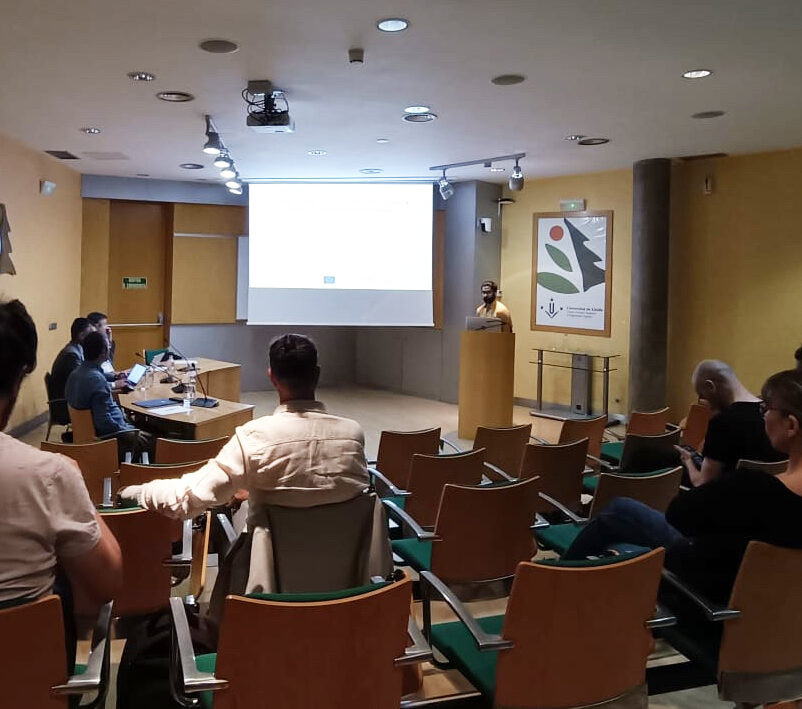The thesis concludes that climate change will affect both productivity and diversity of macrofungi with a greater impact at higher elevations.
Mushrooms are a highly appreciated forest product, with great ecological, social, and economic value. But this “fruit” is only the visible part of a key piece of its ecosystem – they regulate the nutrient cycle and favor plant growth. In his doctoral thesis, Albert Morera, a PhD student in the Global Forest Ecosystems Research Group at the Forest Science and Technology Centre of Catalonia (CTFC), unravels the biogeographical patterns of macrofungi (mushroom) productivity and diversity and how these are affected by climate change.
In the thesis entitled “Climate change impacts on the biogeographical patterns of Mediterranean macrofungi”, directed by Sergio de Miguel, Morera has worked to understand the biogeographical patterns of macrofungi fructification and estimates the value they represent both for natural ecosystems and for our society.
The work has used data collected from a network of over 100 permanent forest plots in Catalonia, sampled during more than 20 years and including a wide bioclimatic gradient representative of the Mediterranean region. For the thesis, all the mushrooms that fructified between July and December in these plots were collected weekly. Bioclimatic data were also used to understand the relationships between climate and macrofungal productivity and diversity.
The researcher used the data to estimate macrofungal productivity, as well as of saprotrophic and mycorrhizal species, and five species with high socio-economic value in the study region. The analysis shows that higher elevations host higher productivity and biodiversity in macrofungi. At the same time, climate change will affect both productivity and diversity of macrofungi with a greater impact at higher elevations.
This thesis suggests that reducing greenhouse gas emissions can reduce the impact of climate change on macrofungal communities. It also highlights the need to anticipate the potential impacts of global change on macrofungi and to implement management policies aimed at maintaining the important role of macrofungi in the provision of multiple ecosystem services, including both climate change mitigation and adaptation.
Part of this research has been conducted in the framework of the project “Factores ambientales y antropogénicos determinantes de la biodiversidad y productividad de hongos en ecosistemas forestales frente al cambio global” (FUNFORCHANGE) funded by the Ministerio de Ciencia e Innovación y la Agencia Estatal de Investigación (PID2022-139558OB-I00) and led from the CTFC by Sergio de Miguel, head of the Global forest ecosystem research group.
Last modified: 19 July 2024










